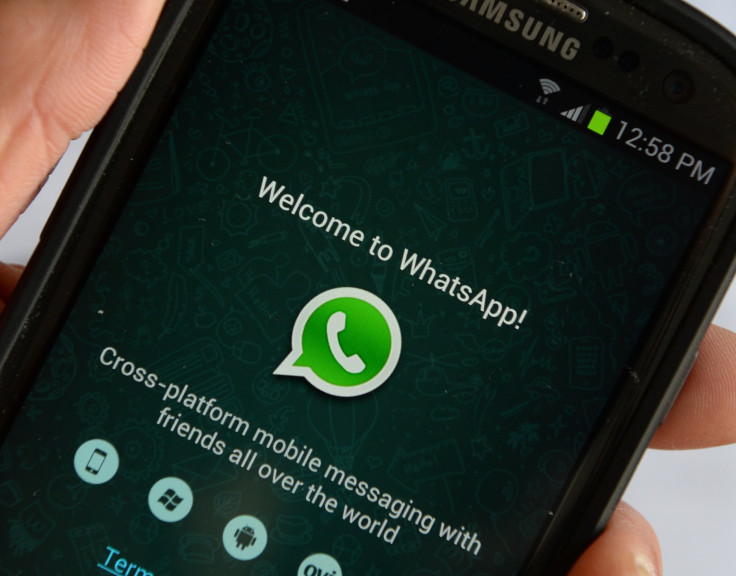2 Men Lynched Over Fake Child Kidnapping Rumors On WhatsApp In India

Two men in India were lynched by a mob Friday when they stopped to ask for directions after false rumors of them being kidnappers were spread via instant messaging app WhatsApp — a vicious trend that has claimed an array of victims in the country in recent months.
Niltopal Das, 29, an audio engineer and Abijeet Nath, 30, a digital artist, were on their way from a picnic spot — where they had gone to see a waterfall — in the Indian state of Assam’s Karbi Anglong district, when they were violently attacked by a group of villagers accusing them of being “child lifters.”
The attack was the result of WhatsApp messages and calls warning people to be wary of two men fleeing the state in a black SUV with an abducted child in the back. One of the perpetrators recorded a video of the attack and posted it on Facebook, where it went viral.
In the video, Das was seen pleading for his life as a group of men kicked and repeatedly beat him with bamboo sticks.
“Don’t kill me, please don’t beat me… please let me go… believe me I am speaking the truth,” were Das’ last words before he was beaten to death and hanged from a tree nearby. His friend, Nath, also met with a similar fate.
After students and activists filled the streets of Guwahati, Assam, to protest against the senseless killings, police arrested 23 people suspected of having ties to the attack that led to the death of the two victims.
"I urge everyone to maintain peace and social harmony and not to fall prey to rumours. We won't spare anyone and strictest of punishment will be given to the culprits," Assam Chief Minister Sarbananda Sonowal tweeted after the incident.
At least 23 people have been arrested in connection with the alleged lynching of two men in Assam's Karbi Anglong said the Assam Director General of Police Kuladhar Saikia [Video]#Assam #Crime
— IBTimes 🇮🇳 (@ibtimes_india) June 12, 2018
Read More: https://t.co/v9rzHL3Y89 pic.twitter.com/1wcytp6uwt
The latest incident is just the recent example of a string of lynching episodes that took place in various parts of India as the police struggle to contain the fake rumors of child abductions being spread via WhatsApp.
"When rumors start circulating on social media, it takes some time to stop them completely," senior Assam police official Mukesh Agarwal told BBC.
Locals across different states seemed to be targeting anyone who do not look familiar or were unable to speak the regional language. One of the reasons for this was a video that being circulated on the messaging app, which showed two men on a motorbike pulling up behind a group of children, picking one of them up and driving away. Without verifying the authenticity of the video, some of the regional news outlets ran it on their channels, lending further credibility to it.
However, it was later discovered the video in question wasn’t even recorded in India. It was actually an edited version of a child safety film from Pakistan, designed to create awareness. The extended version of the video showed a man holding up a sign at the end of the clip explaining the intended message. Instead of the social awareness message, the edited video being circulated talk about "kidnappers" arriving in the city with the aim of snatching children.
Six people were killed in Indian cities like Bangalore, Hosur and Hyderabad in similar rumor-fuelled mob attacks in the month of May.
Police across India are trying to debunk the baseless rumors by organizing public marches, announcing via loudspeakers and setting up social media control rooms to monitor posts, viral messages and videos.
© Copyright IBTimes 2025. All rights reserved.






















